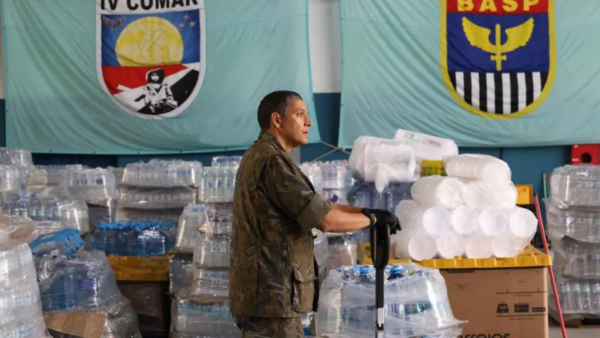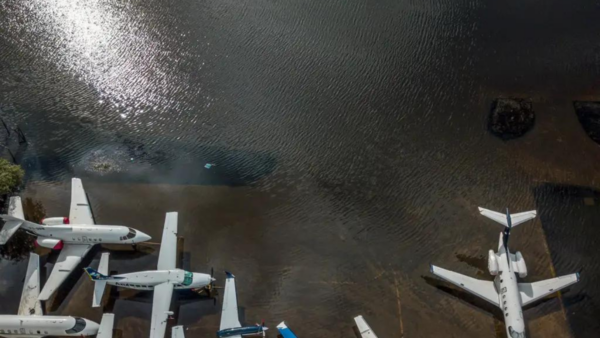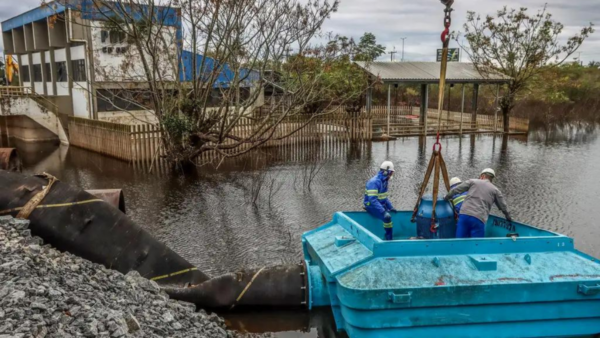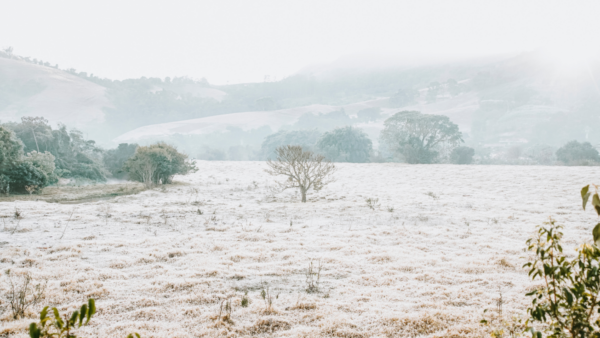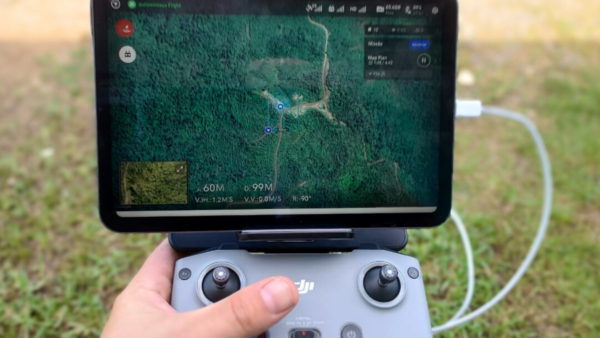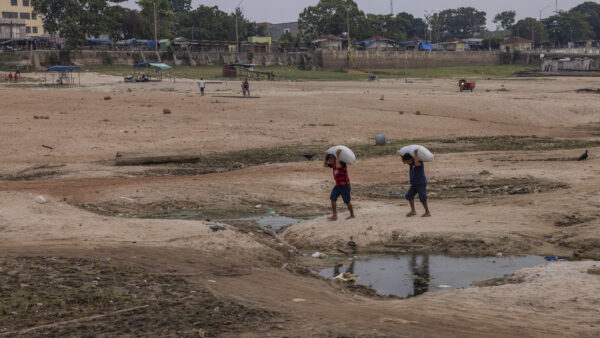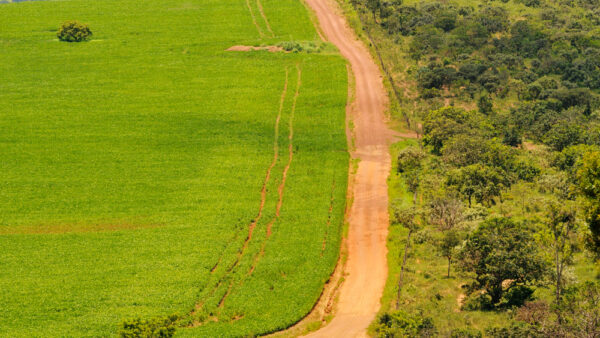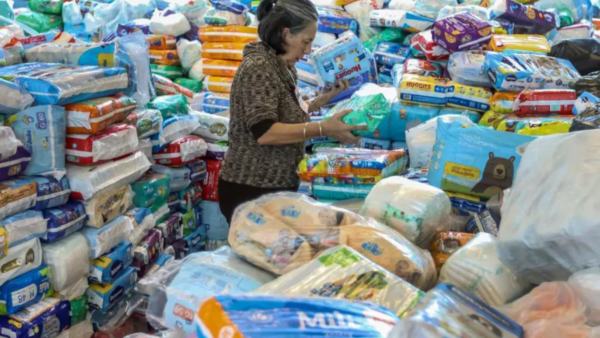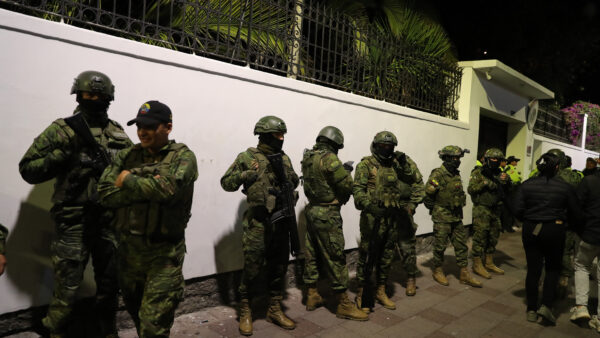Home to the largest tropical forest in the world, an energy mix that is high in renewables, and an ambitious diplomatic corps, Brazil managed to be at the forefront of international negotiations and scientific predictions on climate change in the first half of the 2010s.
However, the tragedy of the floods in Rio Grande do Sul and other recent disasters in different states show that Brazilian cities — historically “blessed” for not suffering from phenomena such as earthquakes and hurricanes — reached the present decade completely unprepared to deal with extreme climate events.
A National Climate Change Adaptation Plan, published in 2016, did not come to fruition amid the political turmoil that marked the country in its aftermath — including the far-right climate-change-denying government of Jair Bolsonaro.
According to a survey by the newspaper O Globo, only 12 of Brazil’s 27 state capitals have climate change adaptation plans in place. The Rio Grande do Sul capital of Porto Alegre, parts of which are currently underwater, is not among them.
According to a global ranking prepared by the University of Notre Dame, in the U.S., Brazil is in 86th place when it comes to its potential to resist and adapt to the effects of climate change. The assessment takes into account both the vulnerability of infrastructure and basic services, and the ability to respond quickly to extreme weather phenomena such as floods or droughts.
Despite the apparent contradiction between international pioneering and the internal delay in adaptation measures, this discrepancy is the result of well-known structural problems in Brazil, including lack of access to land and decent housing, plus real estate...

 Search
Search
